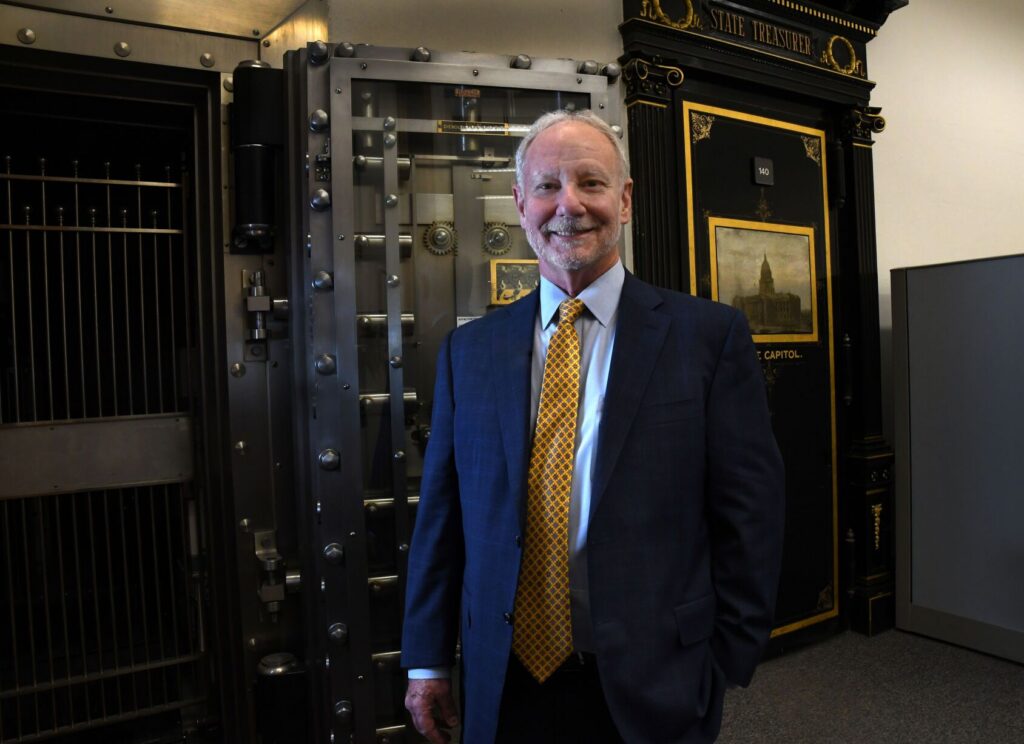Federal judge moderated DEI panel days before hearing arguments in Colorado DEI case
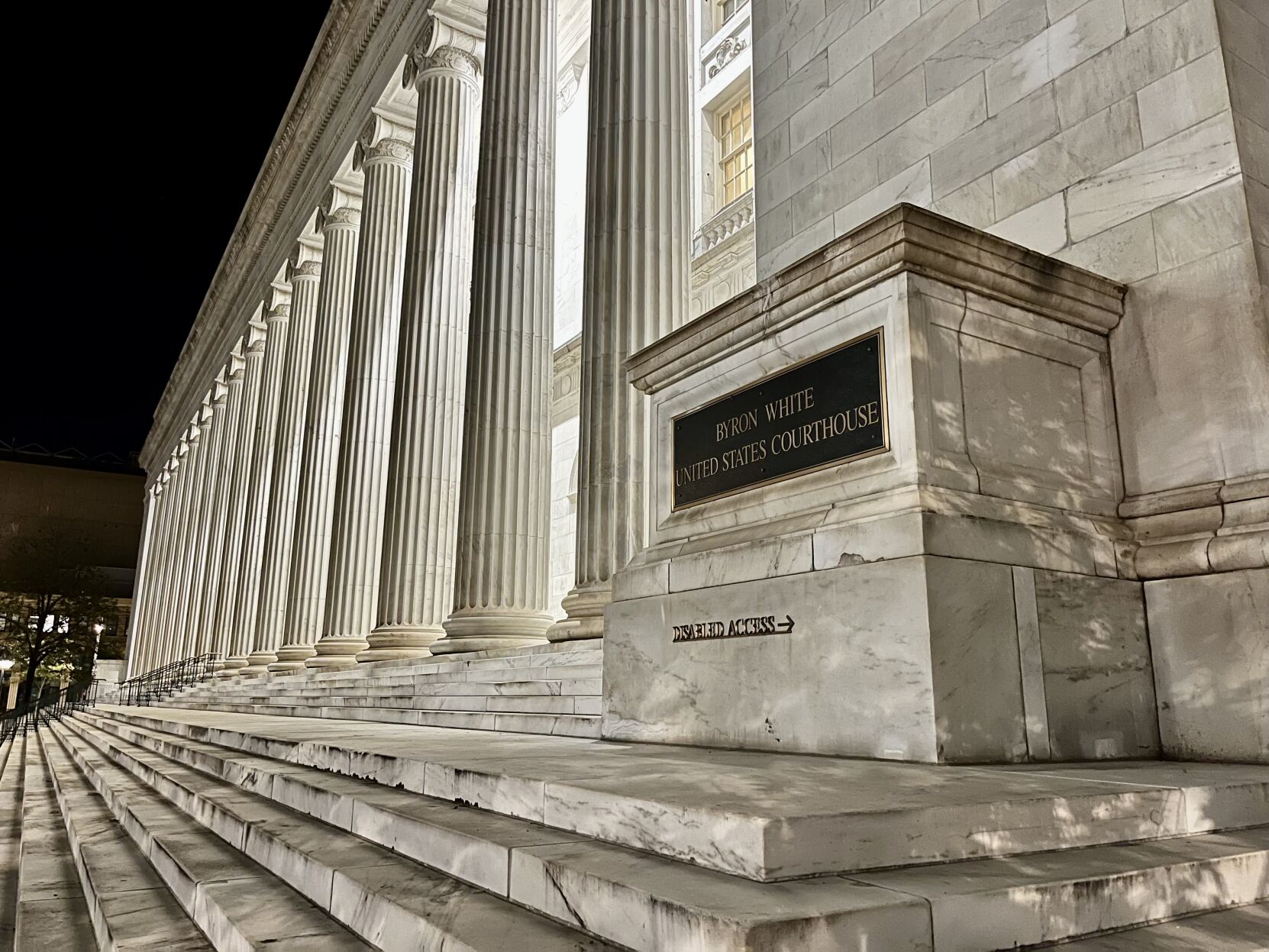
A judge on the federal appeals court based in Denver oversaw a panel discussion last year about the future of diversity, equity and inclusion initiatives in the workplace while he had a case pending before him on the same subject.
Last week, the U.S. Court of Appeals for the 10th Circuit dismissed the employment discrimination lawsuit of a White ex-prison employee who alleged the workplace equity, or DEI, training he received amounted to a hostile work environment. At the same time, the decision’s author, Judge Timothy M. Tymkovich, criticized DEI initiatives more broadly, saying they were “well on the way” to racial harassment, if not actual harassment.
“The rhetoric of these programs sets the stage for actionable misconduct by organizations that employ them,” he wrote in the March 11 opinion. Tymkovich added the “racial subject matter and ideological messaging in the training is troubling on many levels.”
Eight days before Tymkovich heard oral arguments in the case, Young v. Colorado Department of Corrections, he was in Washington, D.C. for the 2023 lawyers’ convention of the Federalist Society. There, he moderated a panel entitled “The Future of DEI in Business,” where one participant declared DEI programming can be “poisonous.”
“When you divide these people into categories and you speak about ‘Whiteness,’ it shouldn’t be considered any more permissible than speaking about ‘Blackness’ or ‘Asianness’ or ‘Hispanicness.’ These are relatively poisonous concepts,” said attorney Patrick Strawbridge.
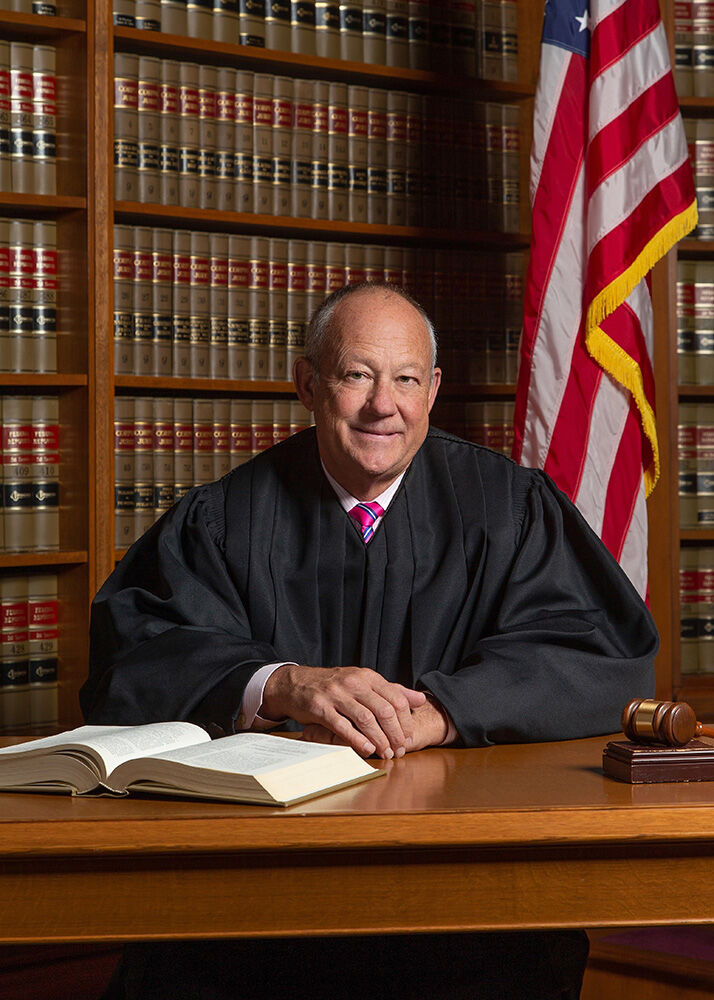
Those who spoke to Colorado Politics said Tymkovich’s participation on the panel did not violate judicial branch policy, which only requires that judges “should not make public comment on the merits of a matter pending or impending in any court.”
“The Code of Conduct for U.S. judges would not forbid the judge from moderating the panel so long as he did not discuss the case itself or state a position on the issues in the case,” said Stephen Gillers, a judicial ethics scholar at New York University School of Law.
Caroline Fredrickson, a visiting professor at Georgetown Law and former president of the progressive American Constitution Society, countered that the absence of a strict prohibition did not make Tymkovich’s participation acceptable.
“The case is in front of the court. There’s a very specific challenge. This one isn’t a very hard question at all,” she said. “It’s a straightforward no, you don’t do that if you’re a judge.”
Hypothetical questioning resembles real-life case
The Federalist Society is an important player in the conservative legal movement. During the Trump administration, scores of Federalist Society members ascended to the federal judiciary. Tymkovich, a George W. Bush appointee from Colorado, has regularly attended Federalist Society meetings since its creation in 1982. He also made the Trump administration’s list of potential U.S. Supreme Court appointees in 2017.
The panel Tymkovich moderated on DEI in the workplace followed the Supreme Court’s major decision last term curtailing the use of affirmative action in college admissions, in a pair of cases known as Students for Fair Admissions v. Harvard. At the same time, Tymkovich had a case pending before him in which plaintiff Joshua F. Young alleged a Colorado Department of Corrections DEI training module amounted to an illegal hostile work environment for him as a White employee.
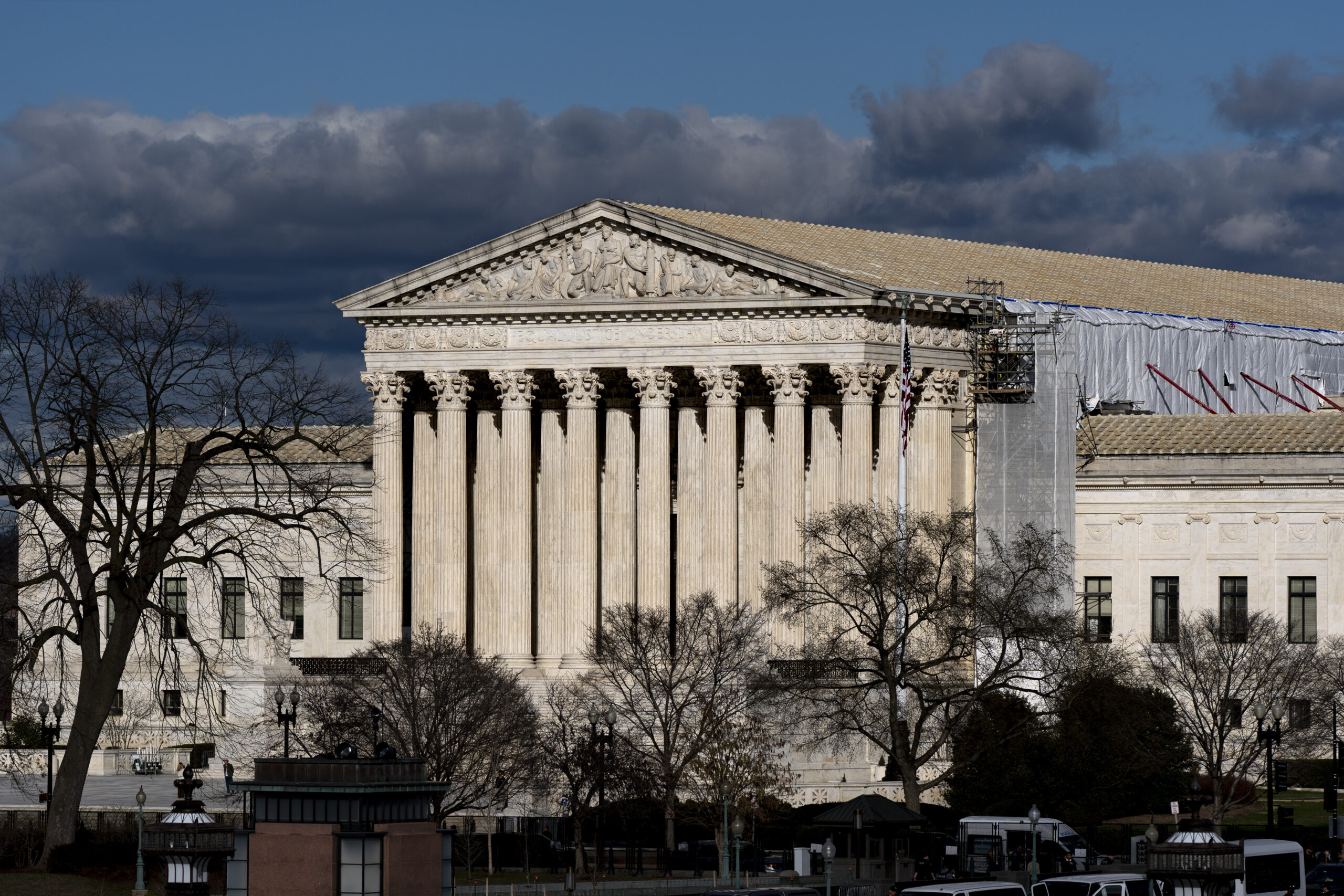
Suppose a company “has a pretty aggressive DEI program,” Tymkovich said during the panel discussion, “that may contain contested ideological or political or philosophical concepts. And you have an employee that is offended by these. He thinks he’s being targeted by his race.”
Hypothetically speaking, Tymkovich continued, it is “a White employee and he objects to the training program. He gets fired and files a claim for retaliation. Is that something we might see flowing out of these programs?”
“Courts are available to adjudicate those things,” responded Seth P. Waxman, a former solicitor general under the Clinton administration.
Tymkovich, speaking with Colorado Politics, defended his participation on the panel, saying the “hypothetical” example he asked about is playing out in cases across the country, not just in Young’s.
“As a general matter, I think that judges ought to be encouraged to participate in these educational opportunities and I’ve always tried – whether it’s in law school or student groups or other educational spaces – I try to participate in those when I can,” he said.
Tymkovich added that “of course” he contemplated whether he should have abstained from the panel discussion given the pending appeal before him.
“I would consider whether the parties to the litigation would believe that my impartiality was compromised by moderating a panel of this sort,” he said. “To my knowledge, nobody in the Colorado case had any objections.”

However, one judge, speaking on background, said they would not agree to moderate a panel whose subject matter pertains to a case currently before them. Another judge, also speaking on background, likewise said they would not agree to moderate a panel about how to interpret new legal precedent when they also had a pending case implicating that interpretation.
Potential silver lining
Fredrickson, of Georgetown Law, said it was not enough to suggest the parties to a case should proactively seek a judge’s recusal because doing so amounts to a declaration that the judge cannot hear the case fairly. While she did not fault Tymkovich for wanting to learn more about the subject matter, she believed the venue of the Federalist Society was inappropriate given its close ties to conservative politics.
“It’s one thing for a judge to learn. They basically should be learning in a case from the briefs and the evidence that are filed,” Fredrickson said, “and not be trying to cast a wide net in getting all sorts of information, particularly getting it from sources that have a very strong point of view about the case.”
Strawbridge, the panelist who also represented Students for Fair Admissions before the Supreme Court, spoke harshly in response to Tymkovich’s questions about DEI programming.
“There are many people of all races who find a lot of these practices – setting aside their legality – they find them offensive. They find them, in some cases, infantilizing,” he said. “They find them, in other cases, to be based ultimately on stereotypes. If you are making judgments about somebody because of their membership in a particular community, it is very easy and very quick to see how that just boils down to a simple stereotype.”
In his written opinion in Young’s case, Tymkovich explained the messaging around “White fragility” and privilege “could promote racial discrimination and stereotypes within the workplace.” Judge Scott M. Matheson Jr., the sole Democratic appointee who participated in Young’s appeal, wrote separately to call Tymkovich’s critiques of DEI programming “unnecessary.”
Bruce Adelson, an adjunct law professor at the University of Pittsburgh who leads trainings on implicit bias, suggested a takeaway from Tymkovich’s participation on the DEI panel could be the increased salience in the legal field of workplace equity initiatives in the wake of the Students for Fair Admissions ruling.
“I’m not gonna comment on the wisdom of doing that,” he said. But “this judge talked about this decision a week before (oral arguments). That’s a sign there’s a lot of talk among federal judges about DEI and affirmative action. That would be the lesson I would take from this.”
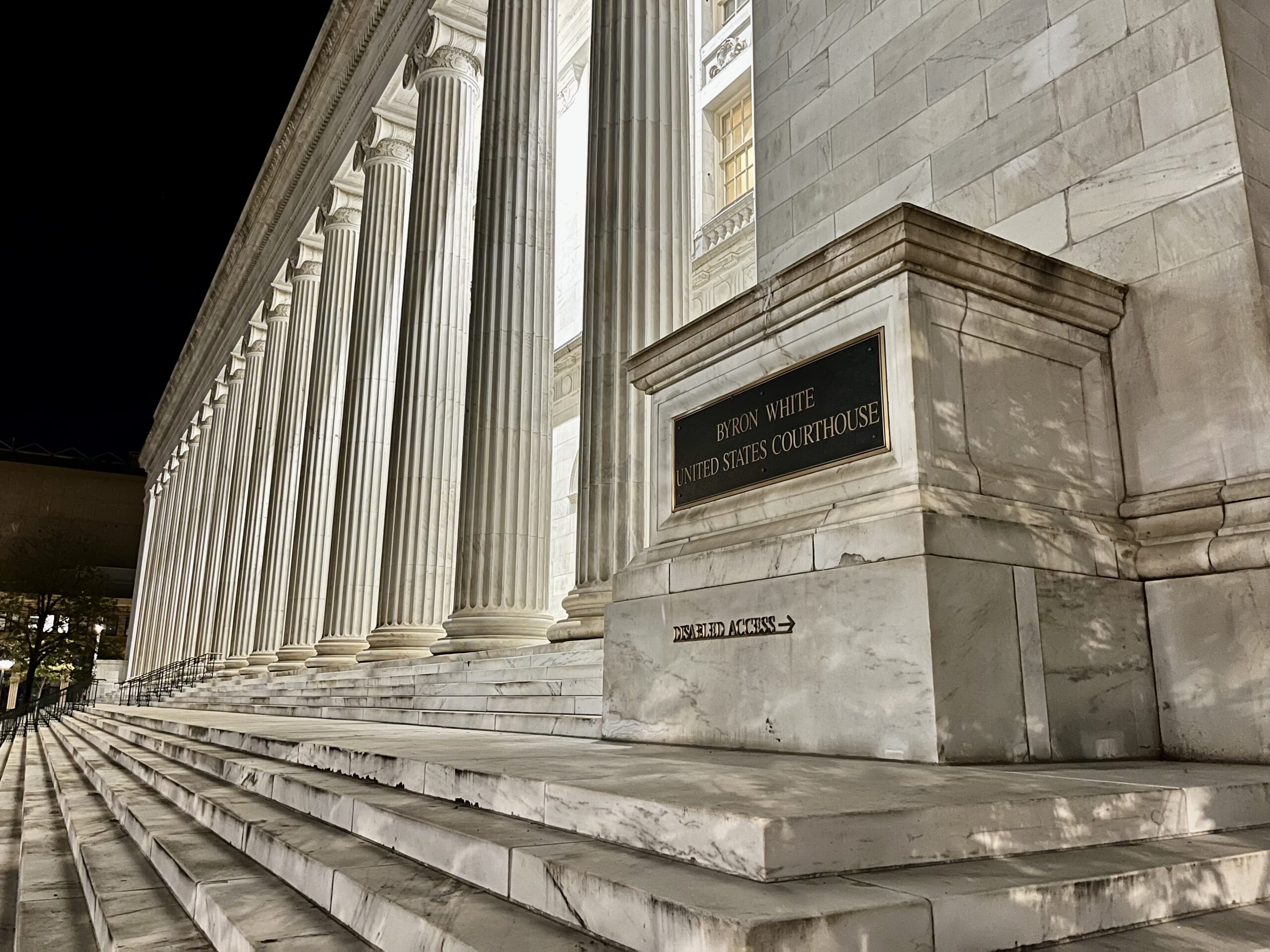
michael.karlik@coloradopolitics.com






